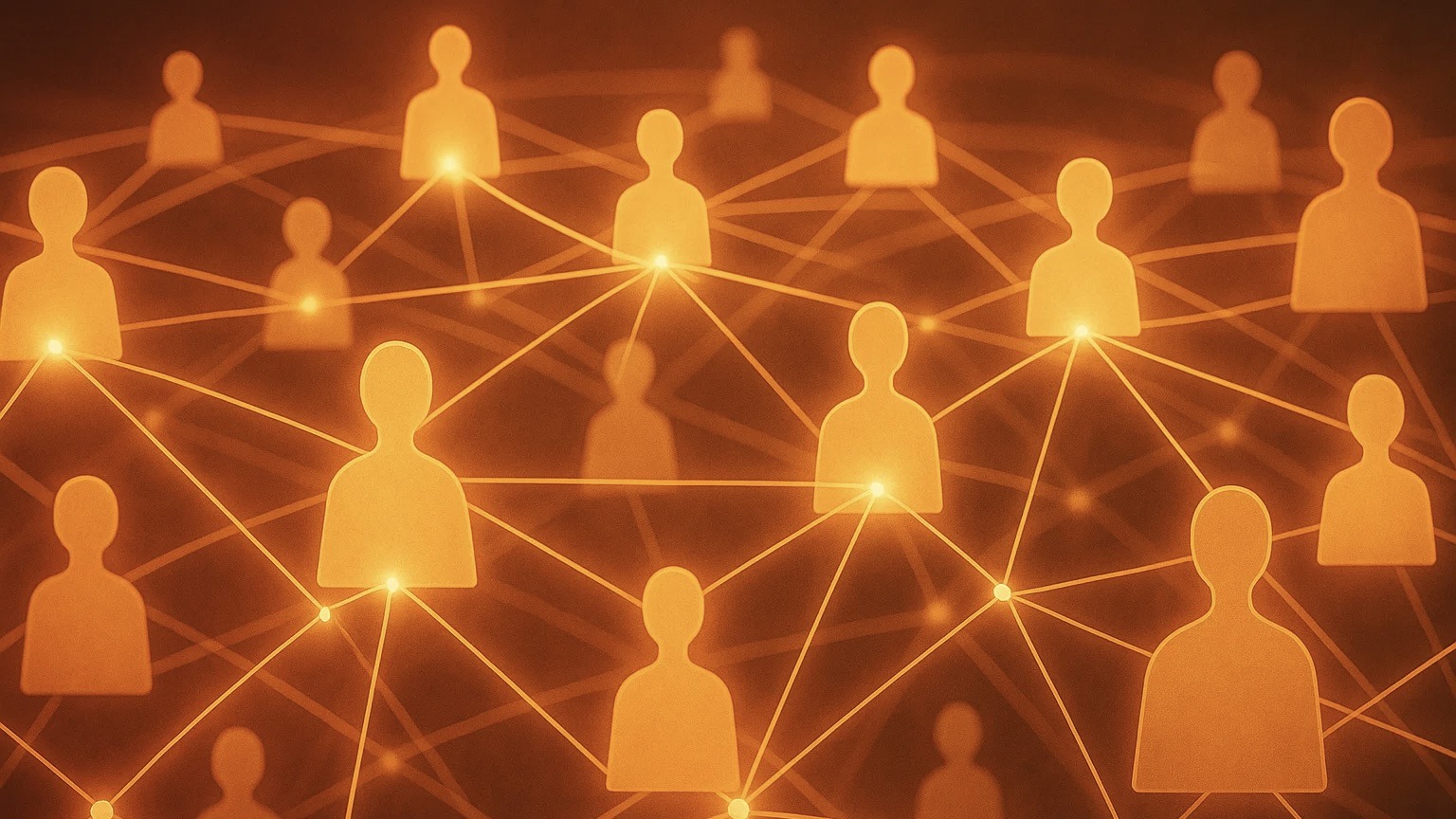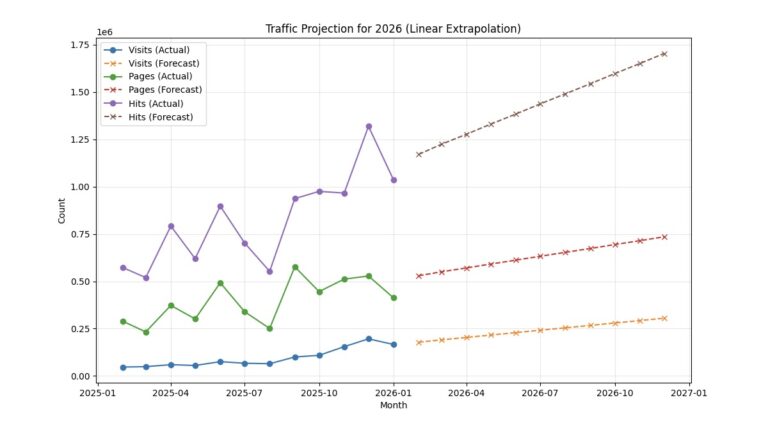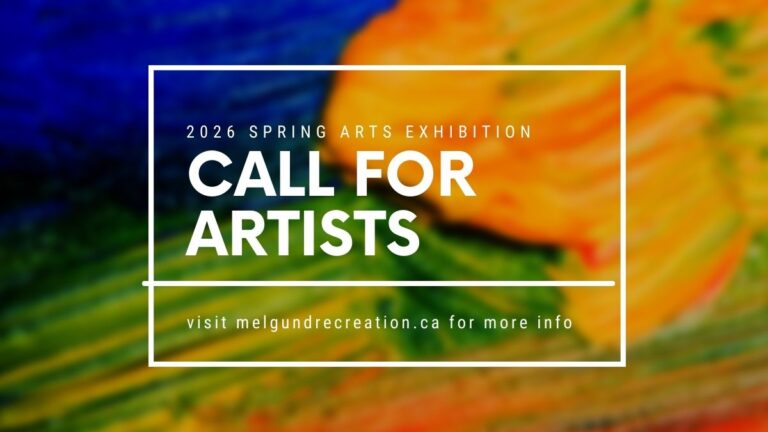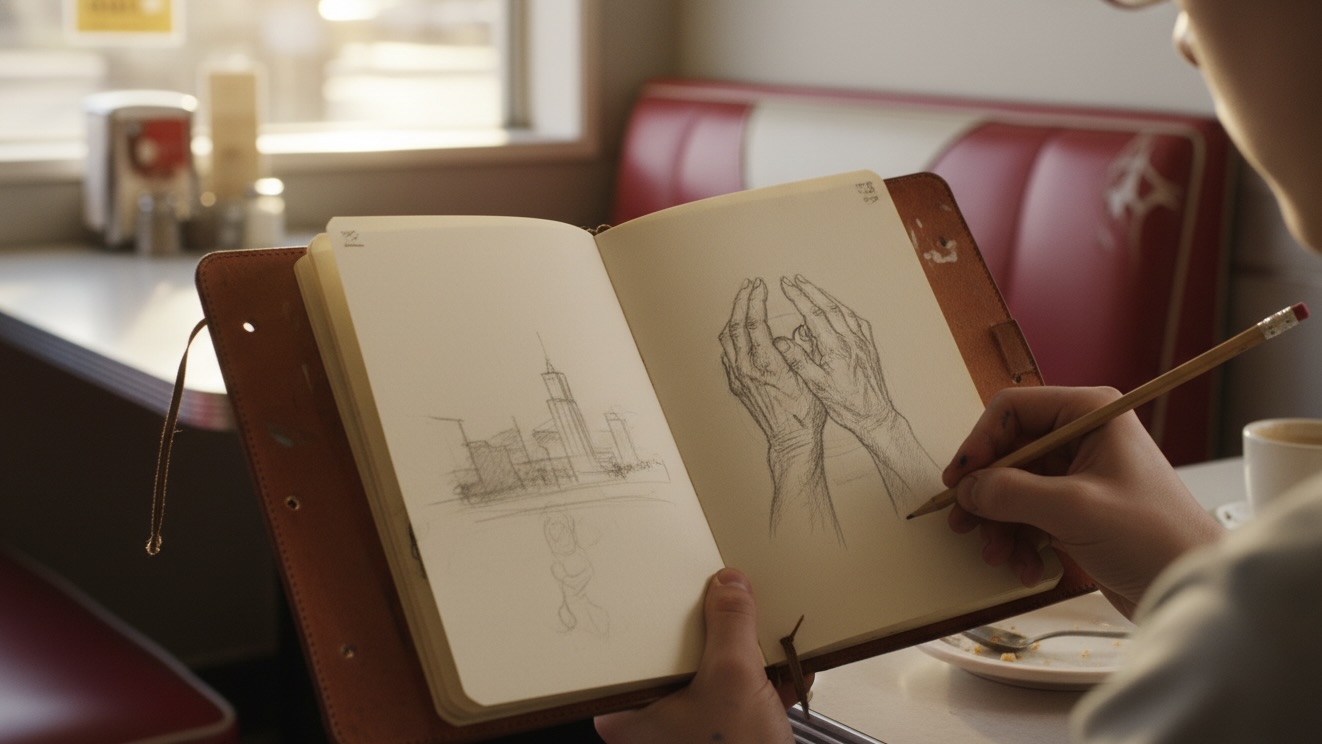
Creative systems evolve: success now means converting inspiration into real-world action through ethical design and measurable outcomes.
Mapping Value to Human Impact
We’ve mastered the art of efficiency.
Every supply chain on Earth knows how to track a widget from factory to doorstep, measure productivity to the second, and squeeze every ounce of waste out of a system.
But when it comes to human impact—the kind that comes from a book, a film, a lesson plan, or a piece of music—we suddenly lose the language of logistics. We talk about “inspiration,” “awareness,” or “raising consciousness,” but not about conversion rates or throughput. We don’t have a way to measure how empathy moves through the system.
It’s time we did.
Flipping the Goal: From Revenue to Resilience
The Prosocial Supply Chain borrows the rigor of industrial logistics but flips its goal. Instead of maximizing profit and minimizing waste, it maximizes human resilience and ethical action.
In a traditional supply chain, success is measured by how efficiently raw materials become finished products. In a prosocial one, success is measured by how effectively creative energy becomes ethical action—the moment when a viewer donates, a reader volunteers, or a student treats someone with dignity because of what they learned.
That shift changes everything.
Old goal: maximize units sold, clicks earned, or minutes watched.
New goal: maximize the conversion rate from emotional experience to meaningful behavior.
In other words, the “product” of a creative act is no longer the artifact itself—it’s the behavioral change it inspires.
The Prosocial Value Stream Map
Every industrial system relies on a value stream map—a diagram showing how raw materials flow through production until a product reaches the customer.
A Prosocial Value Stream Map (PVSM) uses that same structure to track how an idea travels from inspiration to measurable human impact.
| Stage | Traditional Logistics | Prosocial Model |
|---|---|---|
| Input: Conceptual Sourcing | Acquire raw materials. | Define the core human value: dignity, empathy, mental wellness, or community connection. |
| Process: Production & Assembly | Manufacture the product. | Create the work—writing, coding, composing—aligned tightly with the intended ethical goal. |
| Check: Quality Assurance | Inspect for defects. | Conduct ethical oversight and remove bias, misinformation, or emotional bottlenecks that prevent the work from serving its mission. |
| Output: Delivery | Ship the product. | Achieve measurable behavioral change: an act of kindness, advocacy, or personal growth inspired by the creative work. |
This approach reframes creative practice as a purpose-built system, where artistic intention and human logistics are integrated parts of the same process.
The Power of Constraint Management
In any supply chain, the biggest challenge is the bottleneck—the constraint that slows production.
In human systems, those constraints aren’t physical. They’re psychological, emotional, and social: fear, apathy, cynicism, lack of time, or the belief that one small action won’t matter.
A prosocial creator becomes a logistics manager for behavior.
Their job is not only to inspire emotion but to design for follow-through—to make the next step so intuitive, so frictionless, that the consumer completes the circuit between inspiration and action.
An effective song, story, or lesson doesn’t end with applause or reflection; it ends with motion.
Redefining Artistic Success
The Prosocial Supply Chain redefines success in the creative world.
A work of art is no longer just a beautiful object or a revenue stream—it’s a node in a living system of human betterment.
By applying the measurable rigor of logistics to empathy, dignity, and ethical action, this model introduces accountability and purpose to creativity. It challenges artists, educators, and organizations to become System Architects of Human Impact—fluent not only in their craft but in the flow of influence their work generates.
The most successful art of the coming decade won’t just move hearts. It will move people—toward a better version of the world.







